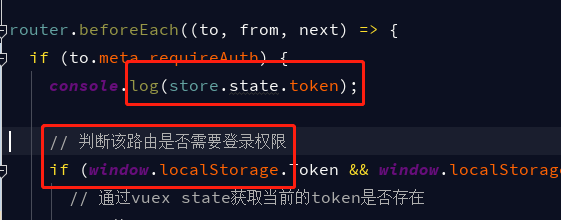In my application everything is distributed.
- On a action, application retrieves data from DB and saves in
ArrayList<T>.
I create an object of RelativeTableModel where I pass the ArrayList<T>.
public void RelationsClicked() {
ArrayList<Relation> data = myParent.dbOperation.getRelations();
RelativeTableModel tModel = new RelativeTableModel(data); // subclass of AbstractTableModel
myParent.SetBrowsePanelData(tModel);
myParent.SetMainPanel(CashAccountingView.BROWSEPANEL);
}
- I have a
BrowseListPanel class that has a JTable in JScrollPane. Its instance is already created in the main application.
- I pass the model to
BrowseListPanel and finally show the panel.
Code:
public void SetBrowsePanelData(AbstractTableModel tModel) {
browsePanel.setTModel(tModel);
}
// BrowseListPanel's Code
public void setTModel(AbstractTableModel tModel) {
this.tModel = tModel; // tModel = AbstractTableModel
}
// Show the Panel
public void SetMainPanel(String panel) {
activePanel = panel;
SetFontSize();
cards.show(mainPanel, panel);
mainPanel.revalidate();
mainPanel.repaint();
}
But I don't see the Table. I believe as the object of BrowseListPanel (containing the JTable) is already created & later the TableModel is added. So some sort of event should be fired in setTModel().
Am I right? If so, what event should be thrown and what should be its implementation.
Invoking setModel() on the table should be sufficient, but you might call fireTableStructureChanged() on the model explicitly as a way to help sort things out.
Also, verify that you are working on the event dispatch thread.
Addendum: Here's an sscce that shows the basic approach.

import java.awt.Dimension;
import java.awt.EventQueue;
import java.awt.event.ActionEvent;
import java.awt.event.ActionListener;
import javax.swing.JComboBox;
import javax.swing.JFrame;
import javax.swing.JPanel;
import javax.swing.JScrollPane;
import javax.swing.JTable;
import javax.swing.table.DefaultTableModel;
/** @see http://stackoverflow.com/questions/8257148 */
public class SwapTableModel extends JPanel {
public SwapTableModel() {
final JTable table = new JTable(Model.Alpha.model);
table.setPreferredScrollableViewportSize(new Dimension(128, 32));
this.add(new JScrollPane(table));
final JComboBox combo = new JComboBox();
for (Model model : Model.values()) {
combo.addItem(model);
}
this.add(combo);
combo.addActionListener(new ActionListener() {
@Override
public void actionPerformed(ActionEvent e) {
Model model = (Model) combo.getSelectedItem();
table.setModel(model.model);
}
});
}
private enum Model {
Alpha(), Beta();
private DefaultTableModel model;
private Model() {
Object[] data = {this.toString()};
this.model = new DefaultTableModel(data, 1);
model.addRow(data);
}
}
private void display() {
JFrame f = new JFrame("SwapTableModel");
f.setDefaultCloseOperation(JFrame.EXIT_ON_CLOSE);
f.add(this);
f.pack();
f.setLocationRelativeTo(null);
f.setVisible(true);
}
public static void main(String[] args) {
EventQueue.invokeLater(new Runnable() {
@Override
public void run() {
new SwapTableModel().display();
}
});
}
}



